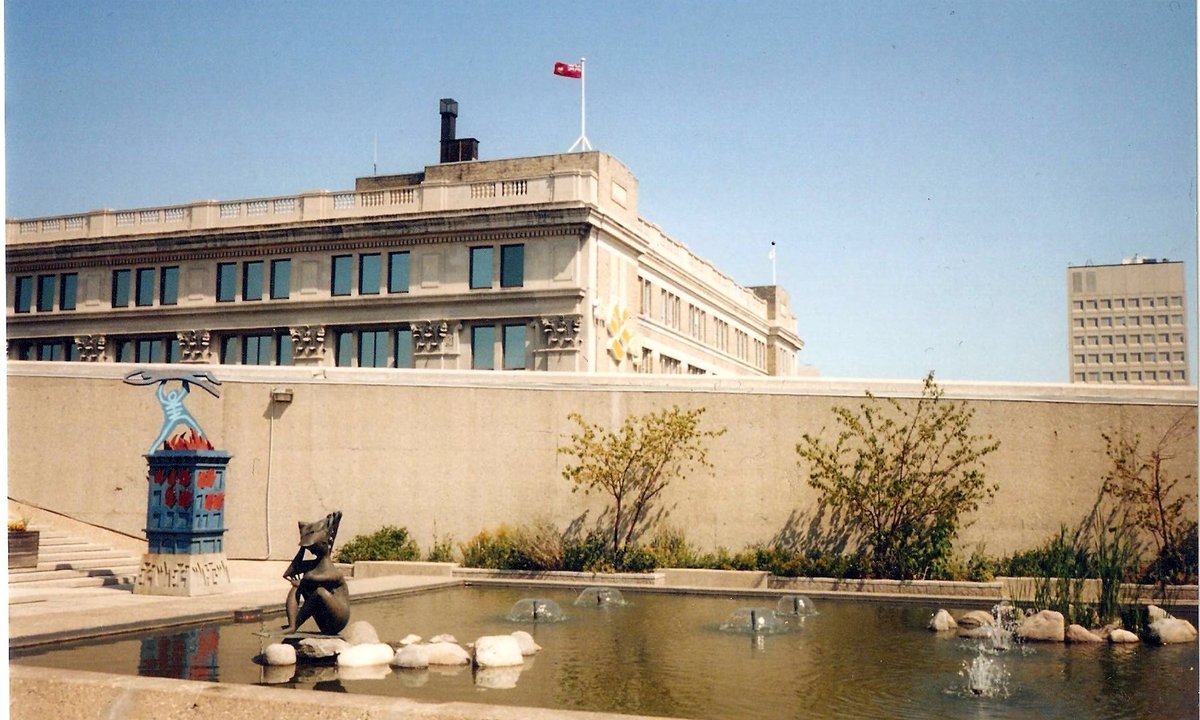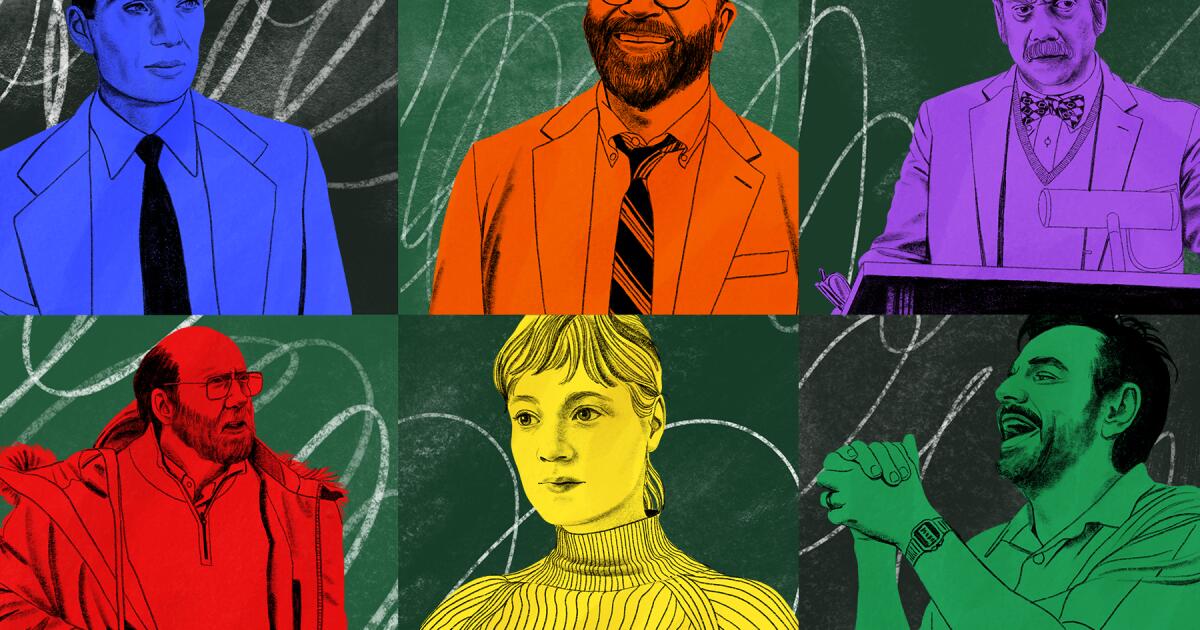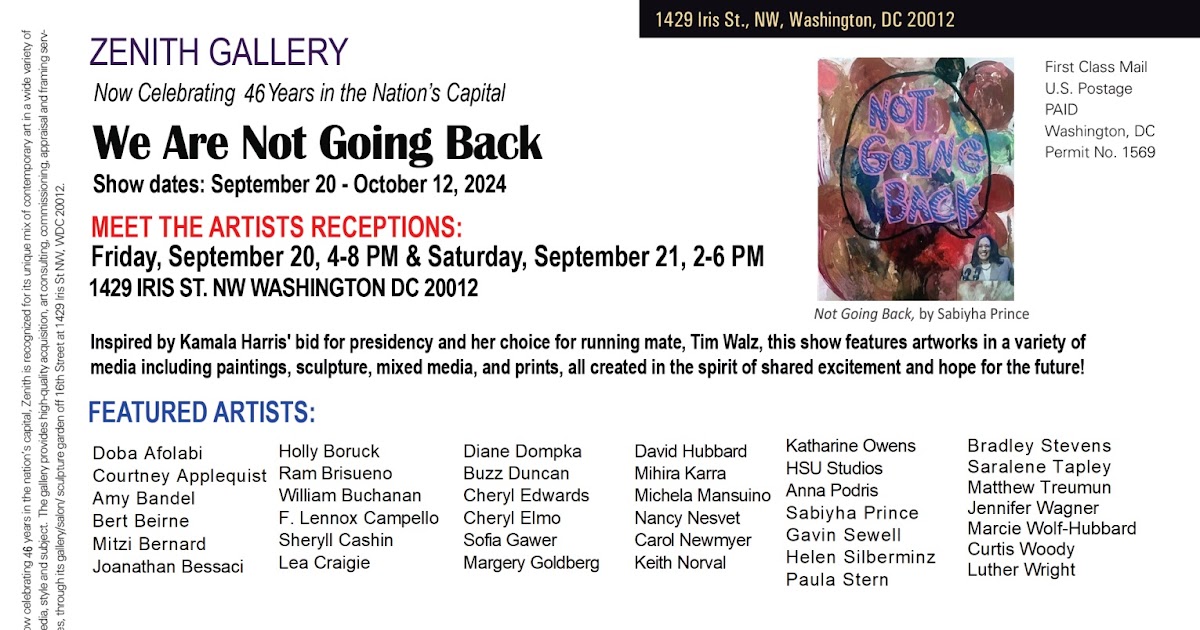Canada’s Winnipeg Art Gallery (WAG) announced last month that it is dropping the name of its former director Ferdinand Eckhardt from its physical and digital spaces due to recently surfaced evidence of his support of the Nazi Party in 1930s Germany.
The museum revealed in a 19 December press release that it had “started the process of removing Eckhardt’s name from the main entrance hall, the website and all other gallery materials”. The press release also noted that the museum would “continue to research the provenance of Eckhardt and the Eckhardt-Gramatté Foundation donations” with an eye towards identifying any Nazi-confiscated art in his collection and “return it to the rightful owners or their heirs”.
News of Eckhardt’s ties to the Third Reich became public in November, brought to light by Conrad Sweatman’s investigation for the Canadian magazine The Walrus.
“Eckhardt’s public endorsements of Nazism include signing an oath of allegiance to Hitler and producing several polemics in far-right and Nazified journals in the early 1930s, urging, among other things, that Germany’s cultural arena align itself with the goals of the Nazi state,” Sweatman writes. “Eckhardt went to work for one of the most notorious players in Hitler’s war machine, IG Farben, the same company that built the Auschwitz concentration camp and manufactured Zyklon-B, used in the gas chambers to kill over 2.5 million people.”
Sweatman cites the German art historian Andreas Zeising’s 2018 book, Radiokunstgeschichte, as well as Eckhardt’s own unpublished memoirs—both of which detail Eckhardt’s Nazi sympathies. (Approached for a statement at the time, the museum said that it was “highly unlikely the [WAG’s hiring] committee would have selected someone with any connection to the Nazis”.)
Eckhardt, who was born in Vienna in 1902, was conscripted into the German army in 1942. At the end of the Second World War, he became an art historian and worked for the Austrian government before migrating to Canada in 1953. Eckhardt became the director of the WAG that same year, a role he held until 1974. In his article, Sweatman calls Eckhardt and his wife (the lauded musician and composer Sophie-Carmen Eckhardt-Gramatté) “among Canada’s most legendary artistic couples. They’re also parental figures in modernism’s birth in the Canadian prairies.”
As director of the WAG, Eckhardt was lauded for growing the institution from a small, local museum into a renowned cultural centre with a collection of European and Canadian modernist works, as well as with starting what would become the world’s largest collection of Inuit art. Eckhardt was inducted into the Order of Canada—the country’s second-highest honour—in 1976, and was given a Queen Elizabeth II Silver Jubilee Medal in 1977. (Eckhardt’s 1982 Order of the Buffalo Hunt, one of Manitoba’s highest honours, was revoked on 10 January as a result of the new revelations.) Eckhardt died in 1995.
“The gallery approached recent reports linking Eckhardt to the Nazi party with the utmost seriousness, and immediately launched an internal investigation that included reviewing the Gallery’s archives, researching the recently released files at the Manitoba Archives and taking actions to examine related German-language materials,” current WAG director Stephen Borys said in a statement in December, answering Sweatman’s call for a review of the provenance records of the museum’s trove of works, hundreds of which came from Eckhardt’s personal collection. (Borys had previously doubted the veracity of Sweatman’s research, telling the Winnipeg Free Press: “There are no gaps in the provenance of the works that he acquired… and that eventually made their way to the WAG.”)
The University of Manitoba and University of Winnipeg, which have facilities named after Eckhardt and his wife, told the CBC’s Darren Bernhardt that they are in the process of conducting internal investigations and reviews. The University of Manitoba, which gave Eckhardt an honorary degree in 1971, has covered the museum director’s name on signs on campus in the interim.



